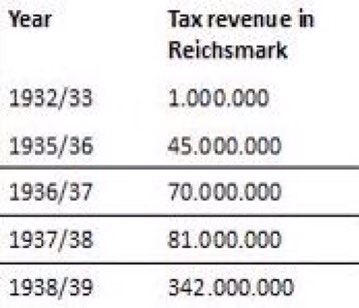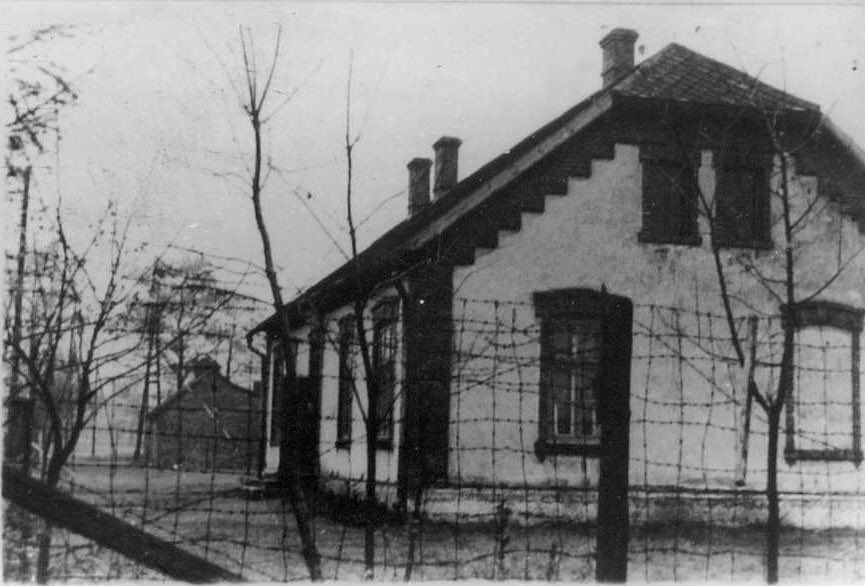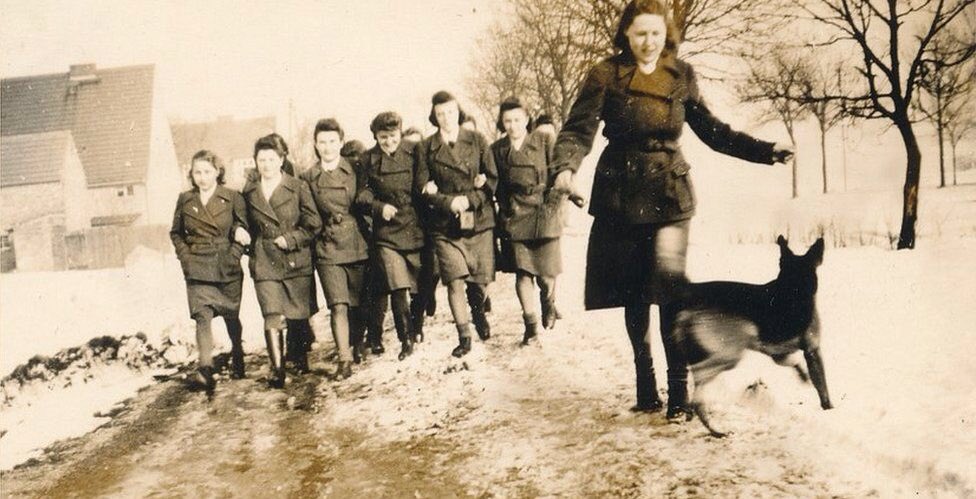#Tribute We learned with sadness of the death of Jacques Saurel at the age of 90. A Holocaust survivor, he was deported at age 11 to the "star camp" in Bergen-Belsen, with his mother and older sister. Our thoughts go out to his loved ones.
https://twitter.com/fondation_shoah/status/1641025525685551106
Jacques Saurel was born in Paris in 1933 into a Jewish family that had recently emigrated from Poland. During the war, Jacques's father, Henri Szarcenberg, was taken prisoner, which would save his family time.
However, in February 1944, Jacques, his brother, his older sister and
However, in February 1944, Jacques, his brother, his older sister and

his mother were interned in Drancy for three months. They will be deported as hostages to the "star camp" in Bergen-Belsen. Thanks to the love and sacrifices of their mother, the children will be able to survive the very difficult conditions there.
With the arrival of prisoners
With the arrival of prisoners
from the eastern camps, the Bergen camp became a real place of death. In April 1945, Jacques and his family were evacuated aboard the "ghost train". Wandering for 14 days, half of the 2,000 Jews in the convoy will lose their lives. Suffering from typhus, Jacques and his sister
did not return to Paris until June 23, 1945.
After the war, he will try to resume his interrupted studies, but will soon have to work in clothing to help his family.
In 1994, during the inauguration of the monument dedicated to deportees from the Bergen-Belsen camp,
After the war, he will try to resume his interrupted studies, but will soon have to work in clothing to help his family.
In 1994, during the inauguration of the monument dedicated to deportees from the Bergen-Belsen camp,

Jacques reunited with his comrades from the "star camp". In 2003, he was elected Secretary General of the Amicale de Bergen-Belsen and made a Knight of the Legion of Honour.
• • •
Missing some Tweet in this thread? You can try to
force a refresh

 Read on Twitter
Read on Twitter
















